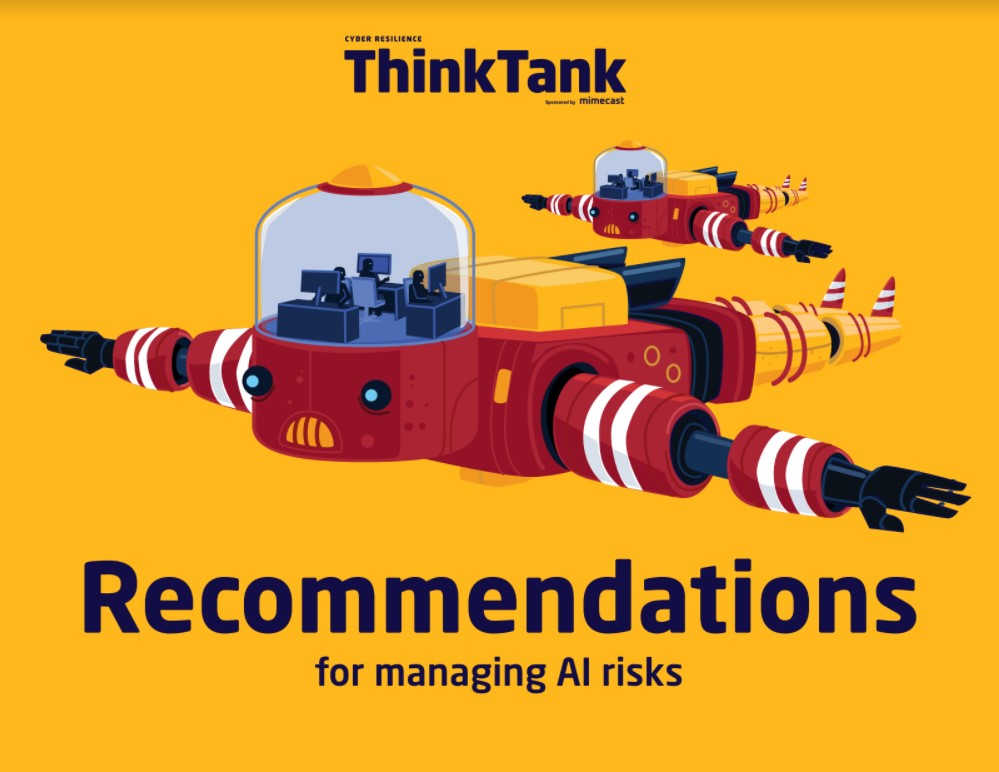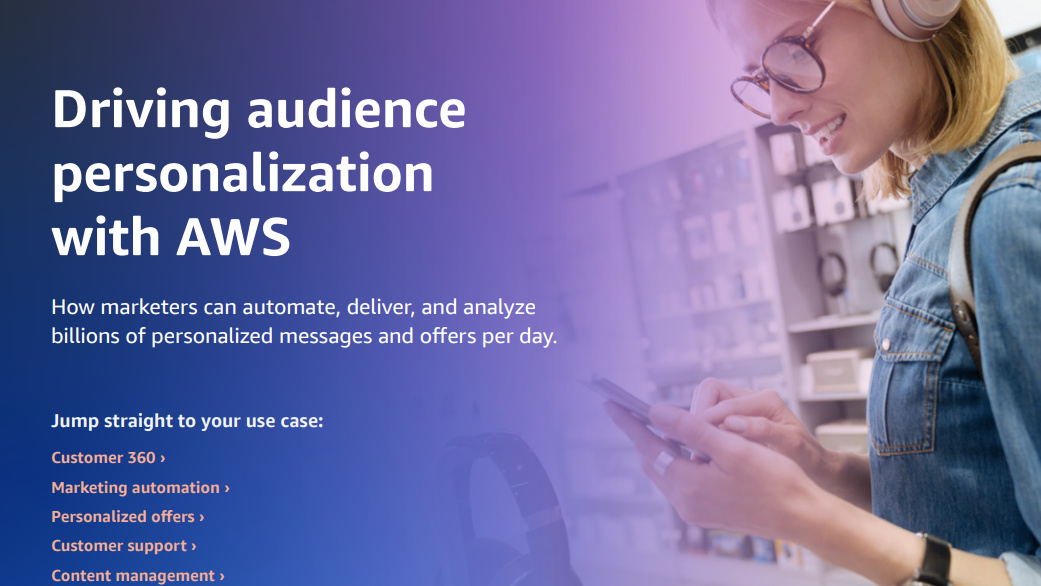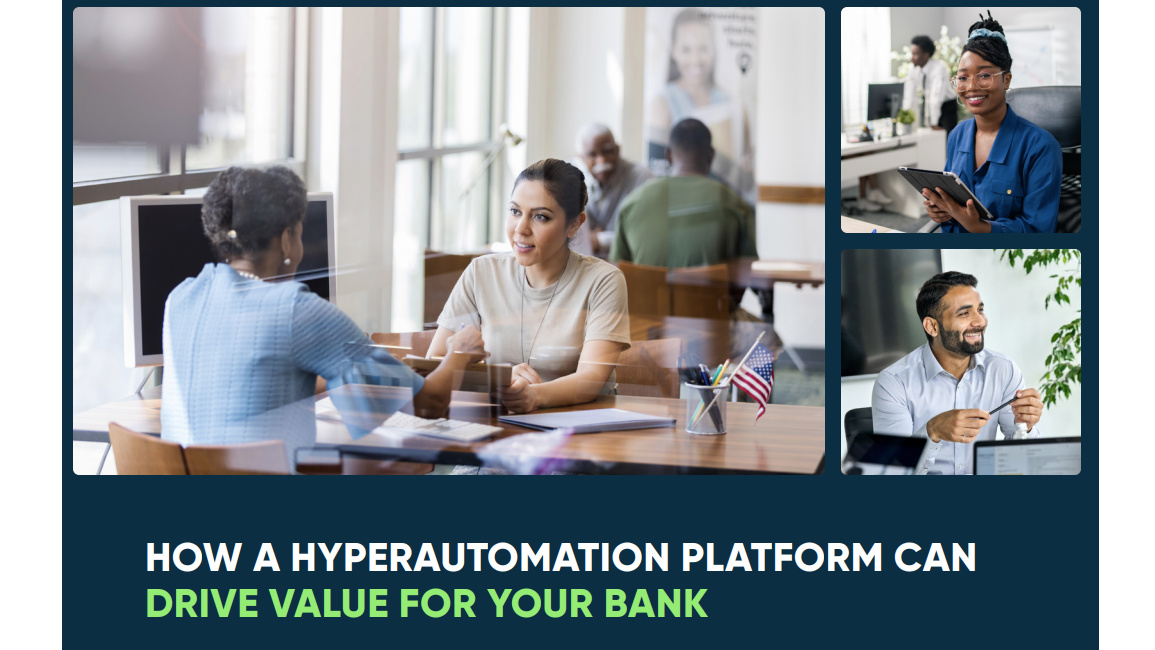UK workers are least afraid of being replaced by AI
Only 25% of UK professionals are concerned about their role being automated, compared to the global average of 40%


UK workers are the least afraid of being replaced by artificial intelligence (AI) compared to other workers in major global markets.
This is according to new research from enterprise application specialist IFS, which surveyed over 7,200 workers in the UK, US, France, Germany, the Nordics, and Australia.
With AI on the rise, is it time to join a union? Businesses using AI 'should have legal duty to consult with unions' All-party group calls for better worker protections against AI
The study found that only a quarter (25%) of UK professionals were concerned about losing their job to AI in the next five years.
This was below the global average of 40%, and significantly lower than results from the US, where almost two-thirds (62%) of the surveyed workers believed their role to be at risk of automation.
However, the majority of US respondents suggested AI would result in larger workforces: only a quarter (25%) expect AI to lead to a decrease in the overall headcount in the office, compared to the one in two (50%) German professionals who said the same.
Commenting on the results of the survey, IFS AI and Automation VP Bob De Caux said that AI “has the potential to supercharge efficiencies, automate laborious tasks and improve decision-making”.
“But as our findings show, fears that workers will lose out to the technology remains high in a number of markets, which could delay adoption,” he added. “And with many businesses implementing AI without a clear understanding of what they want it to achieve, it’s hardly surprising that workers may not be aware of the advantages the technology can bring.”
Get the ITPro daily newsletter
Sign up today and you will receive a free copy of our Future Focus 2025 report - the leading guidance on AI, cybersecurity and other IT challenges as per 700+ senior executives
RELATED RESOURCE

De Caux advised companies looking to derive value from AI to “first have a complete view of the enterprise and architect their businesses around delivering the all-important end result – the moment of service”.
“Only through this approach will they be able to truly understand what they want to achieve by implementing AI, and know where AI will be most effective,” he said.
IFS’ findings come two months after Gartner found that a third (33%) of technology providers were planning to invest at least $1 million in AI within the next two years.
According to Gartner’s managing VP Errol Rasit, “rapidly evolving, diverse AI technologies will impact every industry”.
“Technology organisations are increasing investments in AI as they recognise its potential to not only assess critical data and improve business efficiency, but also to create new products and services, expand their customer base and generate new revenue,” he said.
Having only graduated from City University in 2019, Sabina has already demonstrated her abilities as a keen writer and effective journalist. Currently a content writer for Drapers, Sabina spent a number of years writing for ITPro, specialising in networking and telecommunications, as well as charting the efforts of technology companies to improve their inclusion and diversity strategies, a topic close to her heart.
Sabina has also held a number of editorial roles at Harper's Bazaar, Cube Collective, and HighClouds.
-
 Should AI PCs be part of your next hardware refresh?
Should AI PCs be part of your next hardware refresh?AI PCs are fast becoming a business staple and a surefire way to future-proof your business
By Bobby Hellard Published
-
 Westcon-Comstor and Vectra AI launch brace of new channel initiatives
Westcon-Comstor and Vectra AI launch brace of new channel initiativesNews Westcon-Comstor and Vectra AI have announced the launch of two new channel growth initiatives focused on the managed security service provider (MSSP) space and AWS Marketplace.
By Daniel Todd Published
-
 How to empower employees to accelerate emissions reduction
How to empower employees to accelerate emissions reductionin depth With ICT accounting for as much as 3% of global carbon emissions, the same as aviation, the industry needs to increase emissions reduction
By Fleur Doidge Published
-
 Automate personalization with AWS
Automate personalization with AWSWhitepaper How marketers can automate, deliver, and analyze billions of personalized messages and offers per day
By ITPro Published
-
 Worldwide IT spending to grow 4.3% in 2023, with no significant AI impact
Worldwide IT spending to grow 4.3% in 2023, with no significant AI impactNews Spending patterns have changed as companies take an inward focus
By Rory Bathgate Published
-
 Report: Female tech workers disproportionately affected by industry layoffs
Report: Female tech workers disproportionately affected by industry layoffsNews Layoffs continue to strike companies throughout the tech industry, with data showing females in both the UK and US are bearing the brunt of them more so than males
By Ross Kelly Published
-
 How a hyper-automation platform can drive value for your bank
How a hyper-automation platform can drive value for your bankWhitepaper Five ways automated processes can drive revenue and growth
By ITPro Published
-
 How can small businesses cope with inflation?
How can small businesses cope with inflation?Tutorial With high inflation increasing the cost of doing business, how can small businesses weather the storm?
By Sandra Vogel Published
-
 How to deal with inflation while undergoing digital transformation
How to deal with inflation while undergoing digital transformationIn-depth How can organizations stave off inflation while attempting to grow by digitally transforming their businesses?
By Sandra Vogel Published
-
 How businesses can use technology to fight inflation
How businesses can use technology to fight inflationTUTORIAL While technology can’t provide all the answers to fight rising inflation, it can help ease the pain on businesses in the long term
By Sandra Vogel Published